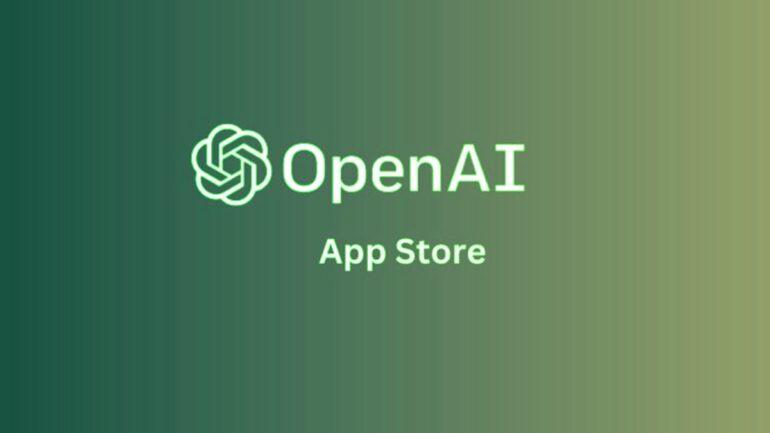TL;DR:
- OpenAI announces the ability for users to create customized versions of ChatGPT.
- No coding skills are required; creating a chatbot is as simple as having a conversation and providing instructions.
- Users can tailor chatbots for various purposes, from fun and entertainment to providing personalized advice.
- OpenAI plans to introduce the “GPT Store,” allowing creators to share their chatbots with the public.
- Builders will have the opportunity to earn money based on chatbot usage.
- Cautionary notes about potential negative consequences and the importance of responsible AI development.
Main AI News:
In the realm of AI innovation, you need not possess a tech genius status to forge your very own artificial intelligence chatbot. OpenAI, the ingenious creators of ChatGPT, recently unveiled a game-changing opportunity for users: the ability to craft bespoke versions of the viral AI chatbot. Traditionally, crafting such a sophisticated AI entity demanded proficiency in coding, a deep grasp of machine learning, and access to expansive troves of training data. However, OpenAI has democratized this process, declaring that “anyone can easily build their own GPT — no coding is required,” as stated in their November 6 blog post.
The pathway to creating your unique chatbot is now as straightforward as initiating a conversation, furnishing it with directives and supplemental knowledge, and selecting its capabilities—ranging from web searches to image generation and data analysis. OpenAI’s transformative vision empowers individuals and organizations to unleash their creativity and construct specialized chatbots tailored to diverse needs.
The spectrum of potential chatbots is limitless, according to Hod Lipson, an esteemed engineering and data science professor at Columbia University. He envisions a future where famous chefs craft AI chatbots endowed with their culinary expertise and personal recipes. As ardent admirers download these chatbots and pose cooking-related queries, the chatbots engage in interactive conversations, replicating the real-life chef experience.
In a bid to catalyze innovation, OpenAI intends to introduce the “GPT Store,” a platform akin to an app store. Verified creators can upload their custom chatbots, enabling users worldwide to access and benefit from their creations. Furthermore, OpenAI plans to incentivize builders by allowing them to earn revenue based on the usage of their chatbots—a move poised to foster a vibrant marketplace for AI innovation.
However, the potential impact of these chatbots should not be underestimated. Hod Lipson sounds a cautionary note, emphasizing the need for responsible AI development. AI chatbots dispensing counseling, medical advice, or tax guidance carry substantial real-world implications. Incorrect guidance can lead to adverse consequences for users, underscoring the importance of diligence and ethical considerations in AI development.
Nevertheless, despite the challenges and pitfalls, Lipson encourages individuals to engage with AI chatbots, as they represent the vanguard of a new era in artificial intelligence. Familiarizing oneself with these cutting-edge technologies is a step toward understanding the future of AI, an evolution that is just beginning to unfold. The future promises to be an exciting journey of exploration and innovation in the realm of AI chatbots.
Conclusion:
OpenAI’s democratization of AI chatbot creation signifies a paradigm shift in the market. It opens up new opportunities for innovation and entrepreneurship, with the “GPT Store” acting as a catalyst for AI-related businesses. However, ethical considerations and responsible development remain crucial to avoid adverse impacts on users and society.

